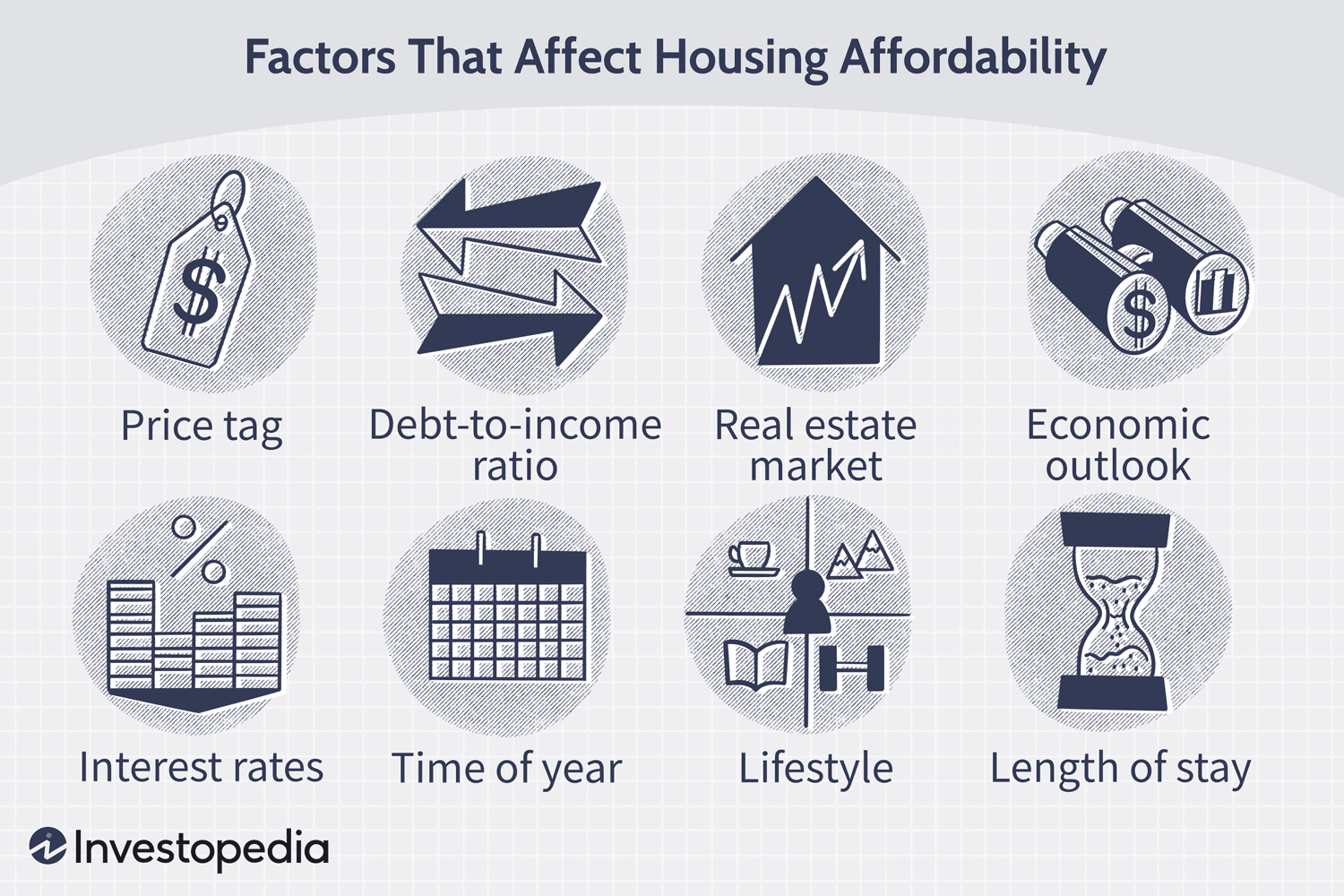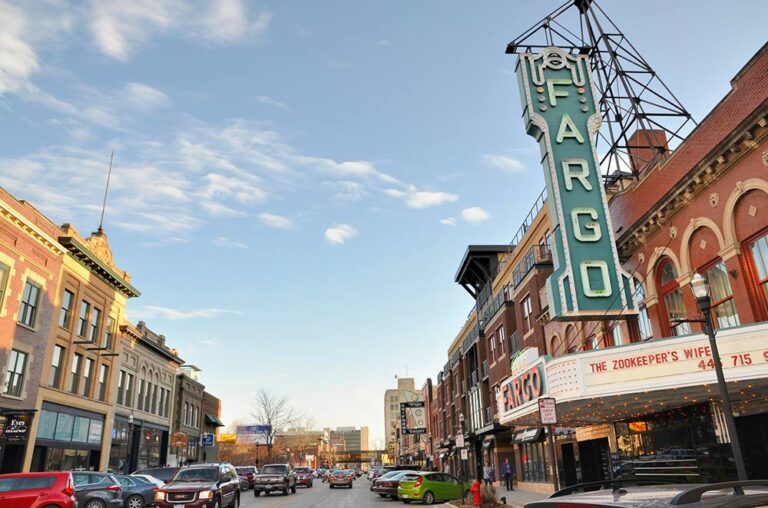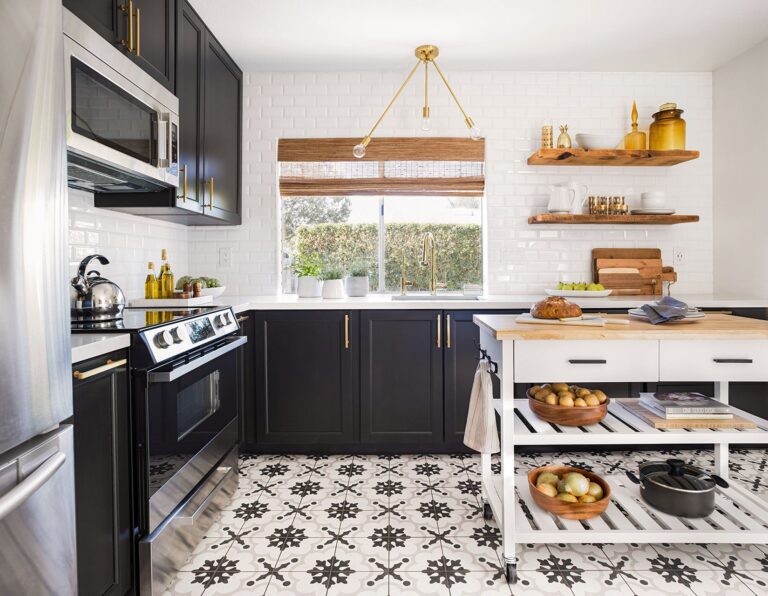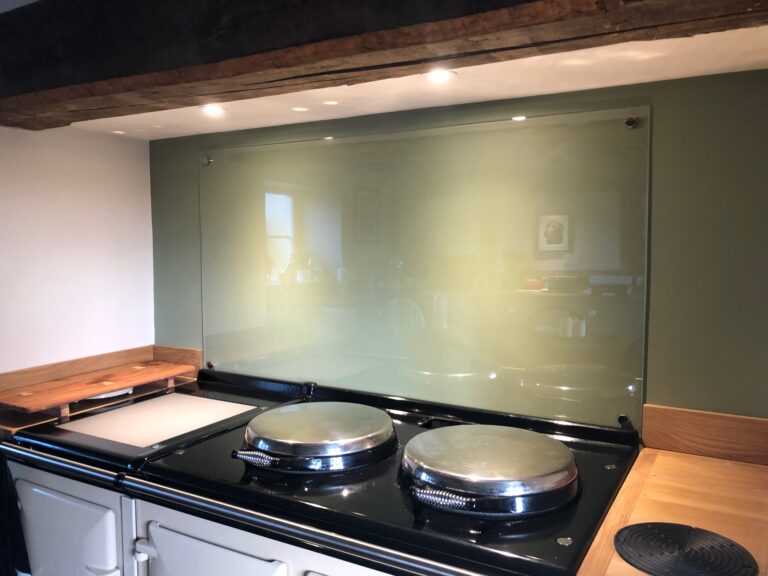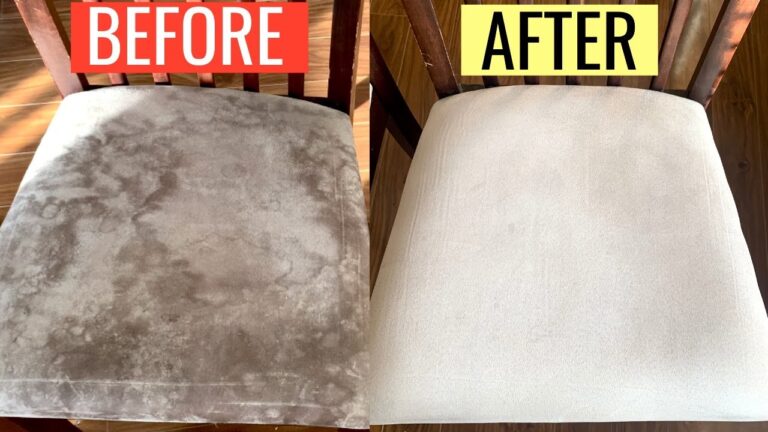What Is The Most Important Thing When Buying A House?
The most important thing when buying a house is to make sure that you are making a sound financial decision. It is important to consider factors such as the location of the property, its condition, and the potential cost of repairs and maintenance. You should also consider the total cost of the house, including closing costs and taxes, as well as the availability of financing and any associated fees. Additionally, you should research local housing markets to ensure that the house you are buying is a good investment. Lastly, it is important to have a thorough understanding of the terms of the agreement and to be aware of all potential issues that may arise during the purchase process.
Researching the Neighborhood and Local Amenities
When buying a house, researching the neighborhood and local amenities is one of the most important things to consider. It is essential to ensure that the neighborhood you are moving into is of high quality and meets your lifestyle needs. It is important to research the nearby schools, parks, shopping centers, restaurants, entertainment venues, and transportation systems. Additionally, it is beneficial to research any local crime rates and safety concerns.
It is also beneficial to research the local housing market. Knowing the average home prices in the area can help you determine a fair price for the home you are considering. Additionally, researching the area’s appreciation rate can help you understand the potential for future growth in the property’s value. Furthermore, researching the local economy and job opportunities can help you understand the area’s potential for long-term stability.
These are all important things to consider when buying a house and researching the neighborhood and local amenities can help you make a more informed decision. It is important to take the time to thoroughly research these aspects before making a purchase.
Identifying Your Must-Haves and Desired Features
Buying a home is a big decision, and it is important to identify what features are most important when making the purchase. To make the best decision for your future, it is essential to know the difference between must-haves and desired features. Must-haves are features that are necessary for you to purchase the home, such as enough bedrooms or a certain layout. Desired features are those that you would like to have, but are not essential for making the purchase. Knowing the difference between the two will help you narrow down your choices and make the right decision for you.
When making your list of must-haves and desired features, be sure to consider location, budget, and other important factors. Location is probably the most important thing to consider when buying a house, as it will determine how close you are to amenities, services, and work. Additionally, you should also consider your budget to determine how much you can spend on a home. If you are on a tight budget, you may need to prioritize must-haves over desired features or find a home with a more affordable price tag.
Ultimately, identifying your must-haves and desired features is essential to making the right decision when buying a house. Knowing what you need and want in a home will make the process easier and help you make the right decision for your future.
Considering the Condition and Age of the Property
When buying a house, one of the most important factors to consider is the condition and age of the property. Knowing the age of the house can help inform future buyers of the potential costs associated with maintenance and repairs. Additionally, inspecting the condition of the property will allow potential buyers to see if the property has any existing issues that could affect the value or usability of the house.
It is important to look out for signs of structural damage and pay special attention to areas such as the roof, windows, foundation, ceilings, and walls. Visible signs of damage may be a red flag that there are more serious underlying issues with the property.
For older properties, it is essential to understand the age of the property and whether it needs any major repairs or renovations. The age of the property can also provide insight into the potential costs associated with maintaining the property in the future. Older properties may require more frequent repairs and upgrades, and this should be taken into consideration when making a purchase decision.
In summary, when buying a house, it is essential to consider the condition and age of the property. Knowing the age of the property and looking out for visible signs of damage can help potential buyers make an informed purchase decision. Ultimately, this can help to avoid any unexpected costs in the future.
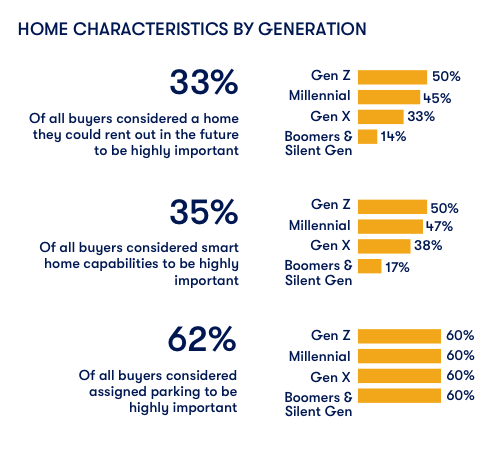
Determining the Right Price for the Property
When it comes to buying a house, the price you pay for the property is just as important as any other factor. Knowing what constitutes the right price for the property is an essential part of the home-buying process. Setting a budget for the purchase of a home and understanding the current market value of the property are the first steps. Knowing the current market value of the property can help you determine a fair price for the home.
It is also important to consider the location and the condition of the house when determining the right price. If the house is located in a desirable neighborhood, or if it has been recently renovated, it may cost more than a comparable property in a less desirable area. Additionally, the seller may have a higher asking price than the actual market value, so it is important to research the home’s value before making an offer.
In addition to the current market value of the house, the buyer should also consider potential costs associated with the purchase, such as closing costs, taxes, and other fees. Knowing the amount of money needed to complete the purchase of the home and having the necessary funds available at the time of closing are important factors to consider when determining the right price.
In conclusion, understanding the current market value of the property, considering the location and condition of the house, and having the necessary funds available at the time of closing are all important factors to consider when determining the right price for a house. With proper research and planning, buyers can be sure that they are paying the right price for their new home.
Understanding the Home Inspection Process
Buying a house is a major life decision and a significant investment. As such, it is important to understand and be comfortable with the home-buying process, from start to finish. One of the most important steps is the home inspection process.
A home inspection is an essential part of the purchase process that evaluates the condition of a home and its components, from the roof to the foundation. During the inspection, the inspector looks for visible signs of structural, electrical, and plumbing problems. The inspector also looks for safety hazards, such as carbon monoxide and radon gas. The inspector will also check for signs of pest infestation and potential environmental hazards. The inspection report will give an opinion as to whether the house meets local building codes.
It is important to understand the home inspection process and what it entails. It is also important to hire a qualified and experienced home inspector to ensure that the inspection is thorough and accurate. The inspector should be able to provide an unbiased and comprehensive report that buyers can use to make an informed decision about purchasing the home. Understanding the home inspection process can help buyers make an informed decision and ensure that they make the right investment.
Managing the Move and Preparing for Settling In
Buying a house is undoubtedly one of the biggest investments one can make in life. Along with the financial investment, there is also an emotional investment. It is therefore essential to be mindful of the entire process of buying a house. One of the most important things when buying a house is managing the move and preparing for settling in.
It is important to consider the logistics of moving all your belongings to the new house. This can be done by seeking out professional removalists or seeking help from family and friends. It is also important to consider the extra costs associated with moving house such as insurance, storage, and transport costs.
When settling into the new house, it is important to think about what furniture, appliances, and other necessities will be needed to make the house a comfortable and functional home. When buying a house, it is also important to think about the services and amenities that are available in the local area. This includes considering access to local schools, public transport, and shopping centers.
In conclusion, when buying a house it is important to consider the move and settling in process. This includes thinking about logistics and costs, as well as the necessary furniture and services in the local area. With careful consideration and planning, the experience of buying a house can be an enjoyable and rewarding one.
FAQs About the What Is The Most Important Thing When Buying A House?
1. What should I consider when purchasing a home?
When deciding to purchase a home, it is important to consider your budget, the location, the condition of the house, the type of property, and your plans for the home. Additionally, you should consider whether you need to hire a real estate agent, a home inspector, and other professionals to help with the process.
2. What are the benefits of owning a house?
Owning a home can provide financial security, a sense of pride and ownership, and the potential to build equity. Additionally, you may benefit from tax deductions related to mortgage interest, property taxes, and other costs associated with home ownership.
3. What are the costs associated with buying a house?
The costs associated with buying a house include the down payment, closing costs, mortgage payments, insurance premiums, and any other costs associated with a home purchase. Additionally, there may be costs related to hiring a real estate agent, a home inspector, and other professionals.
Conclusion
When buying a house, the most important thing to consider is your budget and financial security. It is important to evaluate the condition of the house and assess how much it will cost to maintain and repair the property over time. Additionally, it is important to research the neighborhood and the school district, as well as any other pertinent information that may affect your decision. Lastly, it is advisable to obtain a home inspection and have a real estate agent or lawyer look over the contract before signing it. Taking all of these factors into consideration can help ensure that you make the best decision when purchasing a house.
